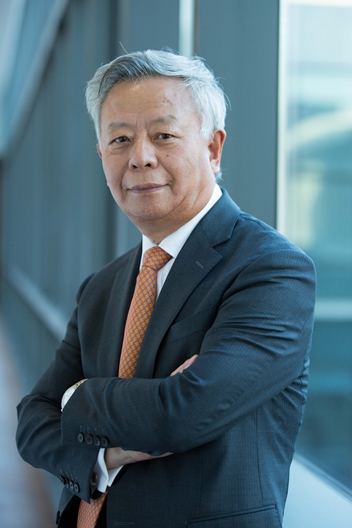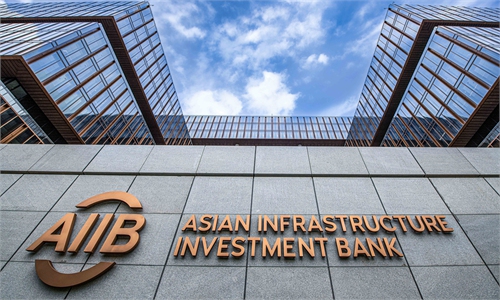SOURCE / MARKETS
Jin Liqun reelected president of AIIB, pledges to expand investments for tomorrow

Jin Liqun Photo: Courtesy of AIIB
The incumbent president of the Asian Infrastructure Investment Bank (AIIB) Jin Liqun has been elected for a second term, the chair of AIIB's Board of Governors announced on Tuesday.Jin's second five-year term will start on January 16, 2021.
Under Jin's leadership, the AIIB has grown from 57 founding members to 103 approved members across the globe.
It has been a tremendous privilege to lead the Asian Infrastructure Investment Bank during its foundational years, Jin said, according to a statement AIIB sent to the Global Times on Tuesday.
"We have established high standards of governance, we are investing in projects that improve lives and livelihoods and we are establishing ourselves in global capital markets. A lot has been achieved thanks to the efforts of our staff and our board, plus the support granted to AIIB from its members and the development community," he noted.
In addition, the bank has maintained the highest credit ratings with a stable outlook from the largest credit rating agencies - Standard & Poor's, Moody's and Fitch. Permanent Observer status was also granted by the United Nations (UN) in recognition of the AIIB's relevance and contribution to the UN's development mandate.
The presidential election occurred during the bank's fifth annual meeting of the Board of Governors held on Tuesday.
The presidential candidate must receive an affirmative vote of two-thirds of the total number of governors, representing not less than three-fourths of the total voting power of the members to be declared president of the AIIB, according to the AIIB website.
During the COVID-19 pandemic, the AIIB has been playing its full part to rapidly respond to the financing needs of the bank's members in close partnership with other institutions to come together to pool their resources to navigate the pandemic and economic upheaval.
The bank created the COVID-19 Crisis Recovery Facility (CRF) of up to $10 billion in April to help its members overcome immediate financial pressures and maintain critical long-term investments.
Since the creation of the CRF, the AIIB has approved 16 projects totaling more than $5.9 billion to support 12 members to navigate the challenges caused by these highly uncertain times as of Monday, the bank told the Global Times on the same day.
"As we look forward to the next decade, we will expand our investments from core infrastructure to the infrastructure for tomorrow - infrastructure that will tackle climate change, enhance connectivity within Asia and the rest of the world, mobilize private capital and bridge digital divides in our region," Jin said.
He pledges to further contribute to the multilateral efforts to help build a "more sustainable, more prosperous Asia."


